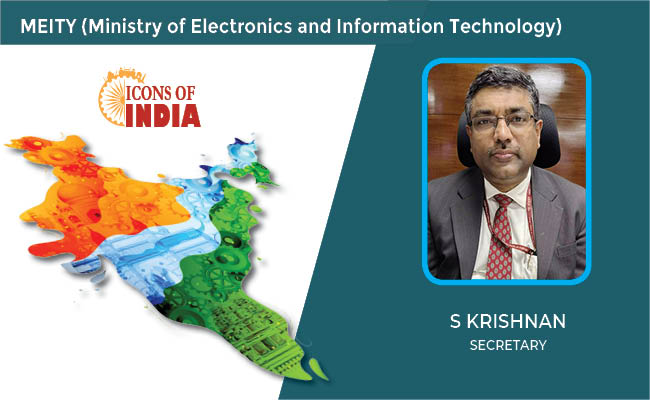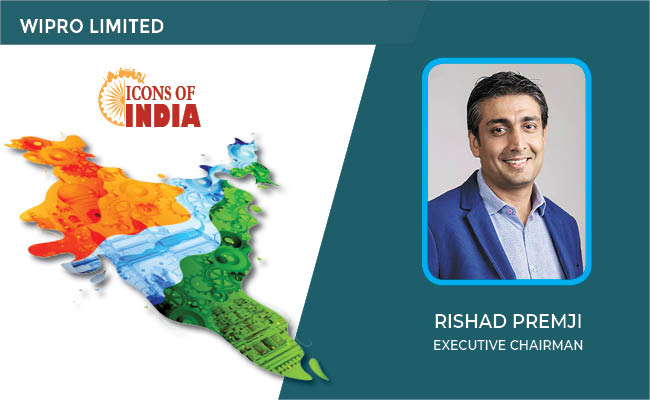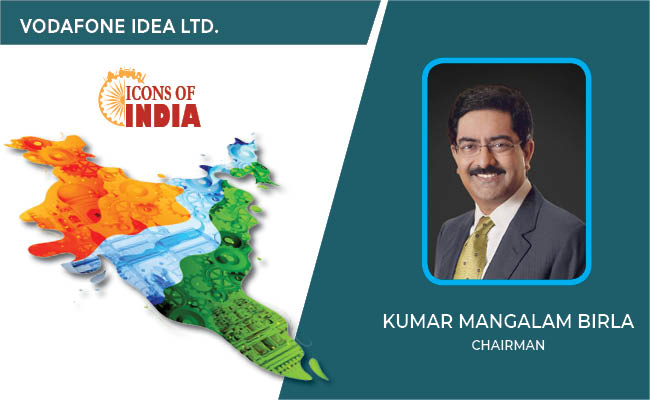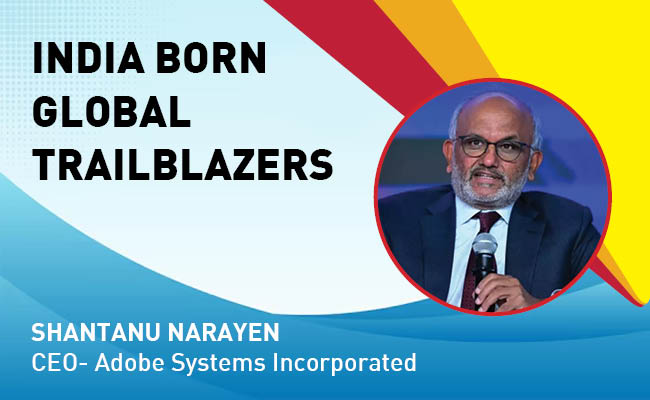Google's new features in Chrome to control malware attacks
By MYBRANDBOOK

Google has recently announced three major changes in its search engine ‘Chrome’ to improve the browser’s malware detection and removal capabilities. These new changes will block websites that sneakily redirect users to unintended URLs without the user’s consent.
The three features that are introduced in Chrome are given below –
· The most important feature that introduced in Chrome 64 is that will block URL redirection triggered by a script written inside iframes (HTML component used for generating pop-ups) embedded in a webpage. Instead, Google will ask the user if they want to be redirected to a new page.
· Most of the users install plug-in such as ad blocker. These kinds of plug-in help to block the pop-ups that are generated by visiting a website. However, hackers bypass these ad blockers simply by opening the advertisement in a completely new tab. Chrome 65 will block the redirect and will further show an alert to the users.
· The third feature that is launched is named as the Abusive Experiences Report. In this feature, Google will provide blacklisted sites that are suspected to use misleading UI elements such as play button which on clicking will redirect the user to a new webpage without their consent.
The website owners who have registered their site with Google will receive a warning about the misleading UI elements on their website and have them to fix it. If the website owner fails to fix these issues then from January 2018 these elements will get blocked via Chrome’s built-in pop-up blocker.
Commenting on the same, Ankush Johar, Director & Partner at Infosec Ventures, a venture fund investing in Cyber Security Innovations, says, “It is a commendable step taken by Google which will prevent various malicious websites from infecting the system but as thrust upon as this is, website owners will now be in great pressure of losing reputation in case a hacker manages to infect their website and Google block their website to protect its users. On the other hand, consumers cannot take this as an absolute form of security. Hackers will always fiddle around and find ways to trick you and assuming Chrome will protect you from every attack will only make things easier for hackers.”


Legal Battle Over IT Act Intensifies Amid Musk’s India Plans
The outcome of the legal dispute between X Corp and the Indian government c...

Wipro inks 10-year deal with Phoenix Group's ReAssure UK worth
The agreement, executed through Wipro and its 100% subsidiary,...

Centre announces that DPDP Rules nearing Finalisation by April
The government seeks to refine the rules for robust data protection, ensuri...

Home Ministry cracks down on PoS agents in digital arrest scam
Digital arrest scams are a growing cybercrime where victims are coerced or ...


ICONS OF INDIA : S KRISHNAN
S Krishnan as the secretary for the electronics and information techno...

ICONS OF INDIA : RISHAD PREMJI
Rishad Premji is Executive Chairman of Wipro Limited, a $11.3 billion ...

Icons Of India : Kumar Mangalam Birla
Aditya Birla Group chairman Kumar Mangalam Birla recently made a comeb...


BEL - Bharat Electronics Limited
BEL is an Indian Government-owned aerospace and defence electronics co...

C-DAC - Centre for Development of Advanced Computing
C-DAC is uniquely positioned in the field of advanced computing...

HPCL - Hindustan Petroleum Corporation Ltd.
HPCL is an integrated oil and gas company involved in refining, market...


Indian Tech Talent Excelling The Tech World - Shantanu Narayen, CEO- Adobe Systems Incorporated
Shantanu Narayen, CEO of Adobe Systems Incorporated, is renowned for h...

Indian Tech Talent Excelling The Tech World - Aneel Bhusri, CEO, Workday
Aneel Bhusri, Co-Founder and Executive Chair at Workday, has been a le...

Indian Tech Talent Excelling The Tech World - PADMASREE WARRIOR, Founder, President & CEO - Fable
Padmasree Warrior, the Founder, President, and CEO of Fable, is revolu...
 of images belongs to the respective copyright holders
of images belongs to the respective copyright holders